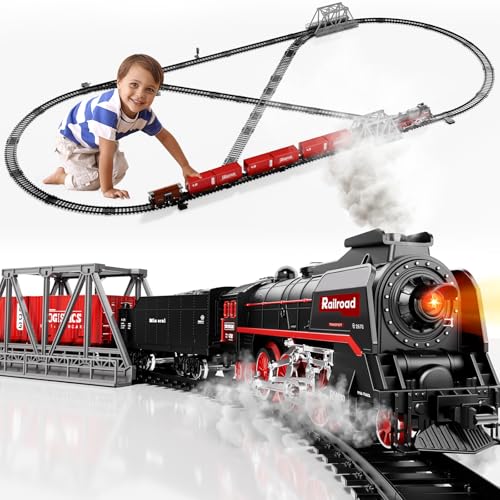My favorite trip on SP12, the
Cascade, was in 1967 with B. F. Biaggini's business car on the rear. Men in suits just happened to be standing around the Dunsmuir station in the middle of the night. The train ran on time until time was lost dropping his car in Salem.
Also, from my ODOT days, when Greyhound came to a meeting in Salem, their executive flew from Phoenix to Portland, where their Oregon Division manager picked him up and drove him to the meeting. Art Lloyd from Amtrak arrived for the meeting from Oakland on the
Coast Starlight. I knew that a Greyhound trip from Phoenix, while easier then than now, wasn't necessary for their exec, but my colleagues were impressed with Art.
In the early years of Amtrak there were several of its presidents known to read
Rail Travel News, which would have been like reading this website. I met Paul Reistrup and Amtrak board member Ed Ullman in the dome of the morning PDX>SEA train in that era.
A tag end: 40 or so years ago, Art Lloyd warned me not to go to work for Amtrak in DC. He was one of the half dozen original 1971 Amtrak execs who knew their jobs before they were hired. As soon as he had the chance, he relocated to California., where he accomplished a lot. He also rode transit systems where feasible, and as a retiree served on the SamTrans board (which oversees CalTrain).

In my own work, one hazard was that customers and operations staff would speculate as to what might come out of my visit. If I didn't introduce myself, I sometimes heard discussions about how
the planners never came out to see what actually was going on. And my favorite: there was an operator in Denver who recognized me and whenever I caught his bus on my commute, he would announce that if anyone had complaints, they should talk with me.





















































